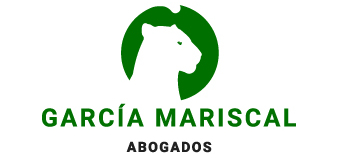What is collaborative practice?
Collaborative Practice is a process in which each spouse has his/her own family law attorney with everyone committing themselves to resolving differences in a manner acceptable to both parties in a comfortable environment, without the threat of immediately resorting to the court system or litigation.
How does Collaborative Practice work?
Collaborative Practice uses informal discussions and conferences attended by spouses and their attorneys to settle the issues at times and locations convenient for everyone. Major goals of the Collaborative Practice process include maximizing settlement options for the benefit of both parties and children, and to minimize or eliminate the negative economic, social and emotional consequences of litigation.
Main aspects of Collaborative Practice:
- Open Exchange of Information: In Collaborative Practice all of the participants agree to an open, honest exchange of accurate information and necessary documentation. This process is essential so that neither spouse/domestic partner takes advantage of the miscalculations or inadvertent mistakes of others, but instead identifies and corrects them.
- Custody : In Collaborative Practice the spouses agree to protect their children and not involve them in disputes. The participants agree to speak respectfully to, each other in the presence of their children. The spouses negotiate and agree upon parenting decisions, rather than look to the court to make these decisions for them.
- Joint Experts : In Collaborative Practice, the spouses jointly choose and employ the services of any accountant, appraiser, mental health professional, or other consultant whose services may be required, instead of each hiring his or her own adversarial expert.
- Negotiations : In Collaborative Practice, the spouses acknowledge each other’s legitimate needs and work together creatively for their mutual benefit, instead of striving for individual advantages.
- Attorney’s Role – In Collaborative Practice the attorneys are committed to the cooperative resolution of all issues. A Collaborative Practice attorney will withdraw from participation if his or her client abandons the collaborative process or refuses to follow collaborative guidelines.
- Further Information – Charo Garcia Mariscal is a founder of the Madrid Collaborative Practice Group (MCP).

